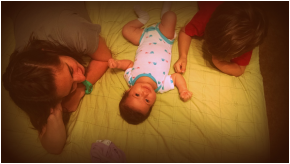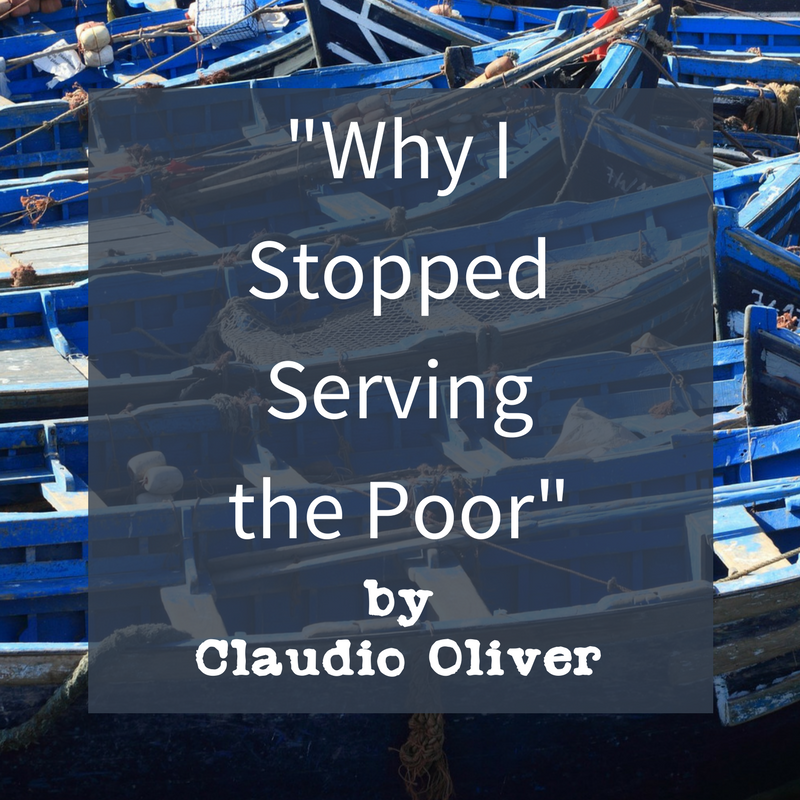 My alarm goes off at 5:30. I hit snooze over and over until about 6:00. I get up. I think, “I didn’t get enough sleep.” And then I tell that thought to shut up. Yes that’s how I take captive thoughts. I yell at them inside my head. When your children are little. When you work 50+ hours a week. When you run your own business. When you are a part of a ministry. When you care. When your children are teenagers. When your children are grown. When you want children so bad but are walking through infertility. When you are dealing with a death in the family. When you are interceding for someone in your life. When you are serving as Christ did. When you look at your job as your mission field … you don’t always get the sleep you think you need. But what do we need? TRUE REST. Why do I have to use the adjective true there? Because there is a false rest out there. In fact there are many forms of it. There is a sleep that leads to death. If you don’t believe me, read Acts 20:7-11, the story about Eutychus who falls to his death because he falls asleep as Paul rambles on and on. Yes, there is a sleep that leads to death, and I call it false rest. Sometimes sleep is rest. Sometimes sleep keeps us from true rest. Like the times when I wake up in the morning, help my husband get out the door, and instead of reading the Word in the short time I have to myself, I decide to go back to sleep. Or like the times I choose to watch Netflix after my children go to bed at night instead of reading a book or talking to my man. Why do I choose these things? Because they are easier in the moment. The flesh is so willing, the spirit is so weak. Yes, there is a sleep that leads to death; and yes, there is a rest that leads to life. I’ve been perplexed by two stories ten chapters apart in Mark for about three months. From the time my daughter was born in July until now, I have been wrestling with what they mean. In Mark 4, Jesus gets in a boat and heads to the other side of the sea with his disciples. He falls asleep on the ride over, and a storm comes. The disciples feel like they are on the verge of utter destruction. They wake him up frantically. He tells the wind to calm down and the storm goes away. In Mark 14, Jesus is in the garden of Gethsemane. He takes with him a few disciples up on the mountain to pray. The disciples fall asleep. He tries to wake them three times and asks them to stay awake with him. But they don’t. Finally, he gets up, having prayed alone all night. He tells them it’s time to get moving, his betrayer is at hand. Let me just say, of all the stories in the Bible about the disciples, this is the one I most relate to. I can fall out just about anywhere. I once fell asleep on an airplane sitting next to an older gentleman who had never flown before. We were on our way from North Carolina to Argentina for a missions trip. I had flown a lot. He had never been out of our state. He was nervous and fretting, and instead of finding solace and comfort in me, I simply passed out before the plane even took off after spitting out something like, “Don’t worry, it’s going to be OK.” I can see myself muttering something similar to Jesus in his garden of Gethsemane moment, “Don’t worry it’s going to be OK,” and with heavy eyes, I fall out. If we believe that Jesus lived a sinless life, then we must concur that context counts when it comes to rest. In one scenario, Jesus falls asleep without sin. In the other, Jesus is angry at his disciples for doing the same. Like so many things in life, it’s not what we do, but how and when and why we do something. Let’s get academic. In Mark 4:38, the disciples say, “Teacher do you not care that we are perishing?” That word “perish” in Greek is the word apollumi which means totally perished or lost. In Mark 14:34, Jesus says, “My soul is very sorrowful, even to death.” That word “death” in Greek is the word thanatos which means the spirit separates from the body. There is a difference of worldviews here. In Mark 4, the disciples think they are on the brink of total annihilation. They don’t see the hope that is eternal life. In Mark 14, Jesus knows his spirit will separate from his body but that eternal life exists without the earthly body. So in one scenario we have a sorrow that is at least partially self-inflicted because the disciples’ worldview did not include eternal hope. On the other hand, we have Jesus whose sorrow was very real, but still had hope in the midst of his lowest point. And Hebrews tells us that he had joy at that end-of-the-rope moment too. For the joy set before him, he endured the cross. So Jesus sleeps through the storm because his worldview does not give him a self-inflicted sorrow. He knows that storm isn’t going to take anything away from him. He finds true rest. But, in the garden, Jesus cannot sleep because the psychological storm he undergoes is leading up to his earthly end. Yet he still finds true rest. How? By aligning emotions to the Father’s will. Yes, I believe true rest can come even in the blood-sweating moments. One of the most powerful things Jesus says while on earth, in my opinion, is in this passage: “Abba, Father, all things are possible for you. Remove this cup from me. Yet not what I will, but what you will.” We see for the first time that Jesus’ will diverges from the Father’s. And yet he does not allow his emotions to determine his actions. How often do my emotions diverge my will from my Father’s? How often do I stop to align those emotions to His will? Finally, the difference between the two stories is the concept of prayer. In Mark 4, if you can call the disciples plea for help a prayer, you see how they pray is completely different than how Jesus prays. The disciples say, “Teacher, do you not care that we are perishing?” What message is behind that question? Maybe: “What’s wrong with you! Get us out of here! Are you really God? How can you let us go through this?” Jesus’ prayer on the other hand is essentially saying, “God, here’s how I feel about this storm. I lay down my emotions before you. Do with them and with this situation as you see best.” Our flesh is willing, our spirit is weak. Rest that quiets our flesh and strengthens our spirit is true. Rest that strengthens our flesh and quiets our spirit deceives us and leads to death. Watching that TV might just knock you out three stories. Stalking that Facebook page might just knock you out three stories. Sleeping in the midst of what seems like a storm that should be shaking you, might just be true rest, even if those around you are saying “What are you doing!” Sleeping in the midst of your friend’s garden of Gethsemane might just be false rest. We have to get good at asking the questions surrounding our storms. We must drive our emotions and not let them drive us. And we must renew our worldview regularly, because hope and joy are always there if we have the right perspective. *Title from Josh Garrels, The Resistance.
0 Comments
|
Gena's
|

 RSS Feed
RSS Feed

